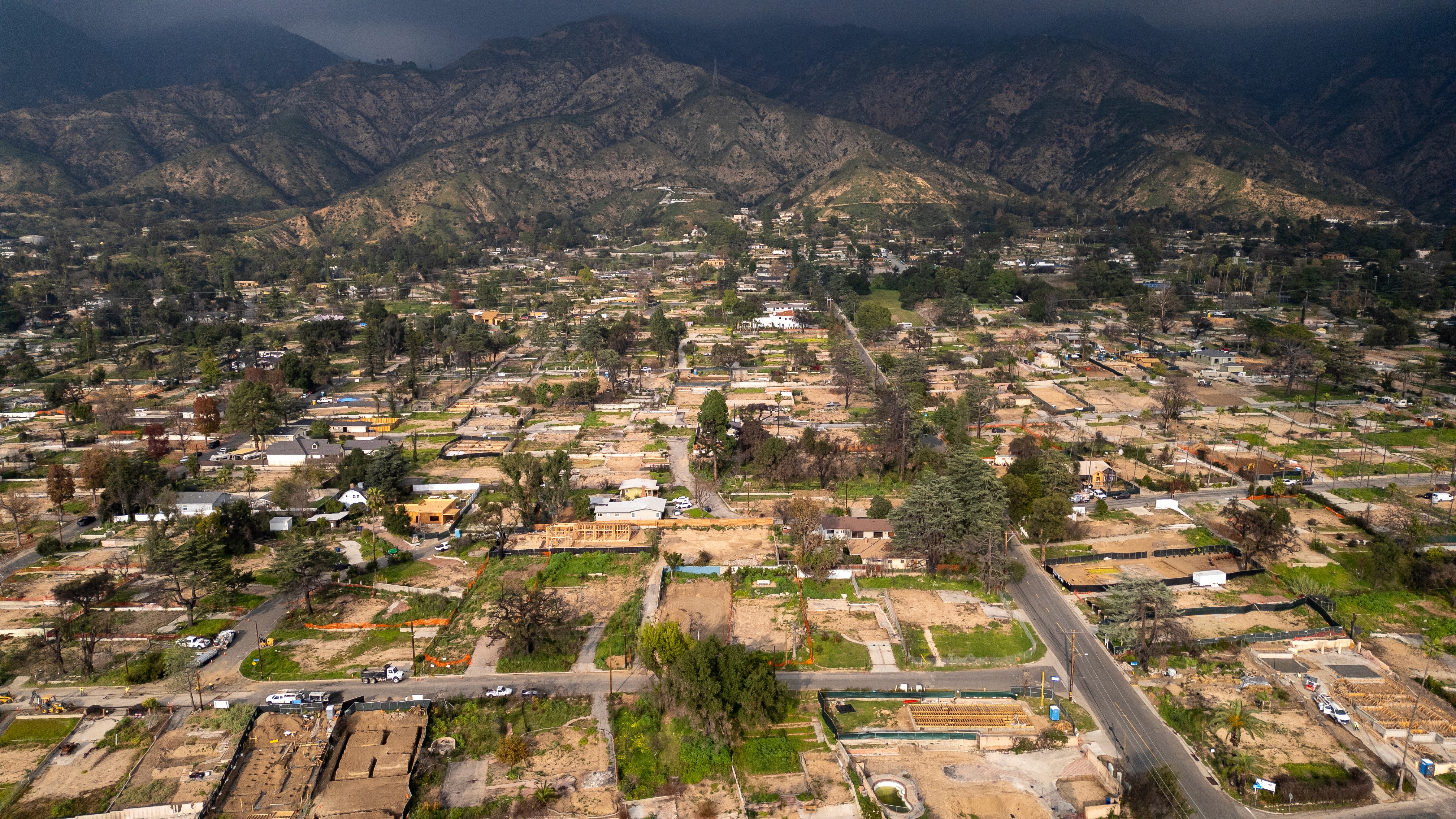This Week in Disasters
What does disaster recovery look like during a government shutdown?
Oct 10, 2025
Photo: EF5 tornado near Enderlin, North Dakota. Credit: Storm Chaser Clint Hendricks IV
Plus the 13-year EF-5 drought ends
Welcome back to This Week in Disasters! This newsletter combines expert perspectives with a weekly roundup of upcoming threats, recent natural disasters, and available survivor assistance. If you’re an HR, Risk, Employee Assistance, or Emergency Management professional (or you’re just really curious about disasters in the United States!) you’re in the right place.
Major Disasters of the Last Week
Local state of emergency in Salt Lake City after record rainfallA weekend deluge overflowed a drainage canal and flooded neighborhoods; the mayor issued a 30-day emergency declaration to speed resources and repairs. Read more... |
Widespread tidal/coastal flooding in Southeast & South FloridaKing tides, boosted by the full “supermoon: and persistent onshore winds, produced minor/moderate flooding from the Carolinas through South Florida. Read more... |
Multiple oceanfront homes collapsed in Outer Banks, North Carolina:Powerful surf and erosion, amplified by king tides and recent offshore hurricanes, caused 8-9 unoccupied houses to fall into the Atlantic. Read more... |

Photo: NOAA/NESDIS/STAR GOES-19 (via the National Weather Service)
Forecasted Risks for Next Week
A nor'easter is expected to hit the east coast this weekend with coastal flooding, heavy rain, and winds
Tropical Storm Jerry is moving WNW. Tropical Storm Warnings in effect for Puerto Rico and U.S. Virgin Islands
Desert Southwest flood risk through the weekend. Tropical moisture from Priscilla/Octave is forecasted to bring 2-5 inches of rain and notable flash-flood risk in Arizona and neighboring states.
Disasters in the Headlines
Earthquake death toll rises to 72 in the Philippines as survivors recall moment when tragedy struck
'Widespread' breach let hackers steal employee data from FEMA and CBP
Moody’s estimates $6tn in US GDP losses from climate and natural disaster risks by 2050
Reinsurance News
PRO PERSPECTIVE
What the Government Shutdown Means for Disaster Recovery
We are at the NEMA Annual Forum in Cheyenne, Wyoming where Bright Harbor spoke with Robert Samaan, a seasoned FEMA leader and now the Senior Director of Federal and State Development at SDR, about how the ongoing government shutdown affects disaster recovery.
The Key Takeaway: FEMA’s disaster work continues – for now.
Samaan explained that the Disaster Relief Fund (DRF), which supports FEMA’s response and recovery programs is “no-year money,” which means it remains available even during a federal lapse in federal appropriations.
“The programs – the disaster programs – should continue without interruption,” Samaan said. “A large majority of FEMA’s disaster workforce is funded by that fund that does not lapse.”

Highlights from the Conversation
Disaster recovery operations remain funded. FEMA’s DRF is not tied to the federal budget cycle, allowing ongoing disaster response and recovery activities despite the shutdown.
Funding limits could trigger spending restrictions. Based on past practice, if the DRF balance drops too low, FEMA and DHS could begin to “throttle down” spending through Immediate Needs Funding (INF) where categories of new disaster work would be put on pause.
Most FEMA staff are still working, but only on disasters and non-appropriated funds. A large portion of FEMA’s workforce remains active, focused exclusively on disaster response and recovery work.
The Bottom Line
FEMA’s disaster operations remain active, ensuring continuity of recovery work.
Active Federal Major Disasters
There is usually a 60 day window to apply for help after a disaster is declared. The following disasters are still actively taking applications from survivors for financial support.
The following disasters are actively taking applications from survivors for financial support. To apply, survivors can visit DisasterAssistance.gov or call the FEMA Helpline at 1-800‑621‑3362.
North Carolina - Flooding and Storm Damage from Tropical Storm ChantalSTATUS SBA disaster declaration approved July 26, 2025; applications open for residents and businesses in eight NC counties. The deadline for physical property applications is Sept. 23, 2025. The deadline to return economic injury applications is April 27, 2026. APPLY NOW AFFECTED COUNTIES Alamance, Caswell, Chatham, Durham, Granville, Orange, Person, Wake |
New Mexico — Severe Storms, Flooding & LandslidesSTATUS Major Disaster declared July 22, 2025; IA applications accepted in eligible counties until October 15, 2025. AFFECTED COUNTIES Dona Ana, Lincoln |
Wisconsin - Severe Storms, Straight-line Winds, FloodingSTATUS Major Disaster declared September 11, 2025; IA applications accepted in eligible counties until November 12, 2025. AFFECTED COUNTIES Milwaukee, Washington, Waukesha |
Sisseton-Wahpeton Oyate - Severe Storms & FloodingSTATUS Major Disaster declared September 11, 2025; IA applications accepted in eligible counties until November 12, 2025. AFFECTED COUNTIES Lake Traverse (Sisseton) Indian Reservation |
Sign up for This Week in Disasters here.
Need more support for your employees or constituents? Bright Harbor can help.




